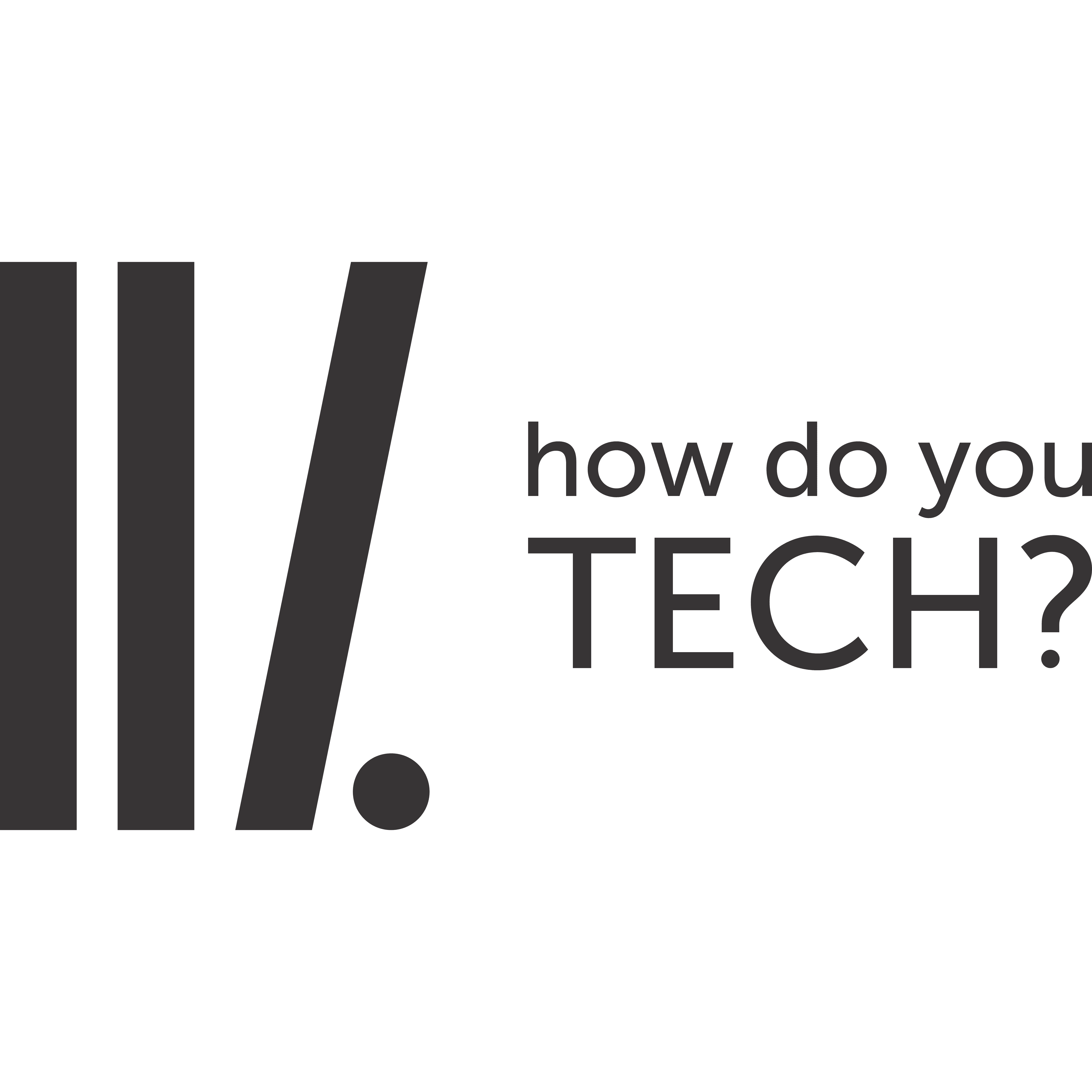State of Digital Literacy in Uganda
Why does being Digitally Skilled matter to a country like Uganda?
With various calls from different people and organizations and the Ministry of ICT and National Guidance encouraging the youth to take advantage of Information and communication technologies aiming at leveraging the power of ICT and Technology to build solutions small and big that can support and improve lives of people.
There is a growing recognition especially in cities like Kampala, Entebbe, Mukono, Jinja, Mbale, Mbarara, Fort Portal to mention but a few of the importance of digital literacy for students, workers and different individuals in various sectors in an increasingly digital economy.
This can also be seen by how our women are encouraged to join local tech communities initiating programs like Andela Women in Tech, PyLadies, with the aim to promote inclusiveness, as there is a need to bridge the digital divide irrespective of gender.
Focusing on digital literacy as it pertains to the changing nature of work, drawing upon Uganda and research within and the best practices in order to define digital literacy, the skills it comprises and its importance. I have pulled insights mainly from educational and pedagogical research and work on technology.
My Suggestions for improving Digital Literacy.
- We need to encourage individual citizens to study and learn how to learn efficiently in technology-rich environments, formal and informal.
- Organizations should please avoid digital literacy programmes as being “yet another thing” for staff, it would be more useful if they can be linked with other rewarding initiatives and woven into existing processes internally as well.
- Together, let us get people talking about why being digital literate is important, let us encourage discussions about supporting individuals with digital skills and practices and the associated impact it would have on staff roles within organizations. This will help to increase awareness of digital literacy programmes that are currently being run across the country and encourage more people to support the movement.
What then would you say Digital Literacy means?
Although the meaning of digital literacy can vary greatly by source, digital literacy encompasses 21st Century skills related to the effective and appropriate use of technology.
To keep things simple, let’s narrow the field to one definition. The American Library Association (ALA) defines digital literacy as “the ability to use information and communication technologies to find, evaluate, create and communicate information, requiring both cognitive and technical skills.”
Looking at Uganda with this digital literacy definition as a guiding light, it is important to understand that even digital natives who know how to send a text and post to social media are not considered “digitally literate” by any means.
To conclude:
I am certain that with increase in expertise in ICT, the youth will have the tools they need to distinguish themselves in the competitive global economy.
Featured Image; Source. By Timothy Wasike at Marriott Hotel Kigali Rwanda .

Thank you so much Timothy Qasim, this is so resource ful
Thank you Timothy Wasike. This is a very phenomenal peace of writing